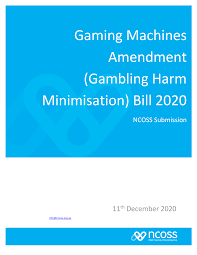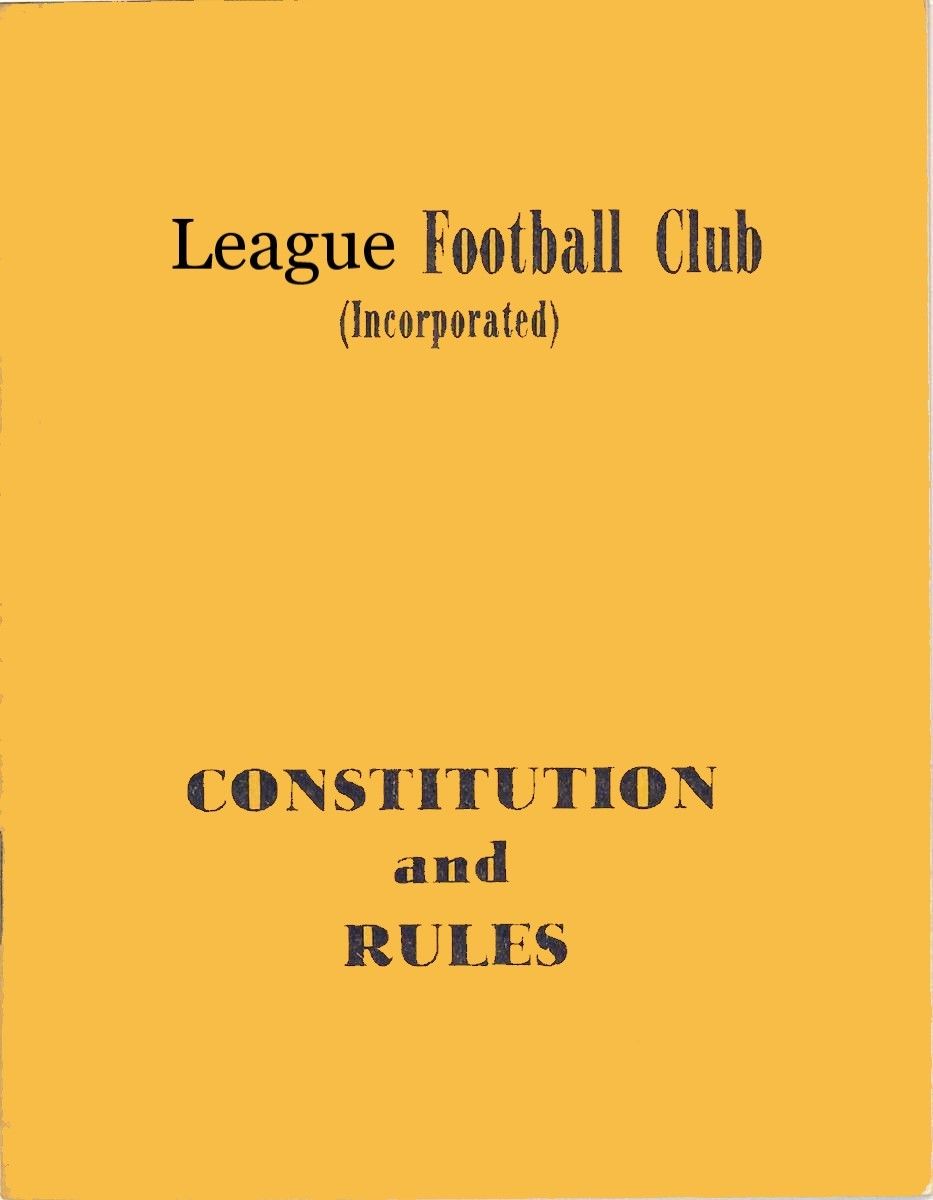Bored in the Board Room?
How does the Board of your business operate?

How does the Board of your business operate? Is yours a high functioning and effective board, or are the directors bored to death by snail’s pace discussions, lack of agenda and focus, or lack of equity and inclusion from an assertive chair or individual?
An efficient board, supporting a strong and focused manager/CEO leading a proficient management team, is a great combination. Together it usually delivers excellent results for a business, which manifests itself as positive and sustainable growth in both revenue and profits.
Frequency
How often do you need to meet? This varies from business to business and from one industry to another. Most companies make do with quarterly meetings, although some prefer greater frequency, meeting every other month (for six meetings per annum) to govern their organisation. Single director companies rarely hold formal board meetings, and often it is their accountant who meets the Corporations Act requirement for at least one Annual General Meeting per year, by doing the requisite documentation to lodge with the annual return.
Up until late 2021, the Registered Clubs Act required clubs in NSW to hold a board meeting every month (twelve per annum), however this requirement has been removed from the legislation. The new legislated minimum is four (4) meetings per year, however the number is at the discretion of each club board. You can continue with twelve per annum if that is what feels comfortable. Some boards also have additional meetings for sub-committees, which then report to the whole board.
It may be necessary to review your constitution, in case you have guidance recorded in the constitution around the number of board meetings per annum. Make any future guidance flexible e.g. ‘The board will meet quarterly (once every three (3) months) as a minimum, with the ability to hold additional meetings as required’.
Efficiency
How efficiently do your board meetings run? The keys to success for efficient board meetings rely on three (3) major components:
- Board papers and agenda circulated (preferably) one (1) week prior to the meeting – to allow time for papers to be read and any questions to the manager addressed and clarified prior to the meeting,
- Sticking to the agenda – which must have indicative timings for each topic – so that the meetings run no longer than 1.5 to 2 hours. Statutory reports need only be accepted as read and discussion should only be on issues by exception, so that the focus can be strategic and not overly operational,
- An effective chair - who guides the board through the agenda and ensures inclusion and input from all attending. A truly effective chair will always check all participants have been asked for their say on any and all topics before final decisions are made. They also ‘drive’ the discussion to ensure no tangential discussions or worse, repetitive discussions, are curtailed and decisions taken in a timely manner.
Functionality
Are your meetings a little dysfunctional due to personality issues and lack of structure? All meetings chaired by an effective chair should be functional – achieving results, collegiate – avoiding conflict and cooperative – reaching majority consensus.
A little trick to improve the collegiality of board meetings is to draft a Board Table map, and see where directors tend to sit (obviously not a tactic for Zoom board meetings). They will generally sit with their allies, so that they create a virtual ‘voting block’ or power base from which to operate. Institute a name block for each director and let them know that you will be allocating seating for each meeting on a random basis. This should include the Chair, to lead by example, and then make sure that people sit next to different colleagues at each subsequent meeting.
This will aid in reducing conflict between different factions of the board, as they are no longer sitting in their little power blocks, and interestingly, having people sit in different positions round the board table, actually does alter their ‘perspective,’ albeit subconsciously.
Any conflict must be mediated by the Chair. As the effective Captain/Coach of your team, the Chair must ensure any conflict is defused as soon as it arises. If things get heated, call a halt to proceedings and have a five (5) minute time out – coffee or toilet break – which will allow heads to cool. Then resume the meeting with emotions in control and try to reach mutually agreeable conclusions.
Disagreements are healthy to reach suitably discussed conclusions, a little friction is healthy for robust discussions. In board meetings with a quorum present, majority decisions stand, however, once outside the board room, remember – you must all sing from the same hymn sheet. No non-board members are to be privy to how the vote went (how many for or against) as all decisions become ‘Board decisions’ and should be supported unanimously in public.
A final point here, it is OK to disagree, however if you are going to ‘die in a ditch’ over a decision and it really upsets you, you need to decide if you can live with a decision that goes against your views or values. If you can't, then the best thing to do, if you can’t change the other directors’ minds, is to step off the board.
Focus
What is the main focus in your board meetings? Operational or strategic issues? As a board, your focus must be strategic! You have delegated the responsibility of running your company to the manager/CEO so why interfere in the day to day running of the business? That’s like ‘having a dog, but doing your own barking.’
In order to ensure a strategic focus in board meetings, it is best to stick to the agenda and stay focussed on issues like succession planning, long term strategies to ensure the financial viability and sustainability of the business and areas for growth or development of the business. And this should always include attention to the financial, physical and human resources available to the organisation.
On a quarterly basis, you should be reviewing the operational delivery of the business against the strategic objectives for the immediate past term. Which leads us to the final point of a good board meeting.
Results
An effective and functional board should be focused on strategy and keeping the management accountable to the Key Performance Indicators (KPIs) you set for them to operate a successful business.
Targets, goals or KPIs, whichever term you use, are set by the board for the management to achieve, to ensure a viable business. All these targets or goals should be SMART goals:
X Specific
X Measurable
X Achievable
X Realistic
X Time-framed
The types of KPIs to look at include, but are not limited to, total revenue, profit percentage (gross and nett profits), wages ratios, stock turn, staff churn, customer satisfaction, percentage hold (the profit after payouts from electronic gaming machines – where applicable for clubs and pubs) and financial goals (like equity or cash reserves) that will ensure the business is going to survive and prosper.
A well run board with efficient, functional, focused and results oriented meetings, held at appropriate intervals for your business, will go a long way toward providing your management with the certainty, consistency, support and resources they need to deliver on your strategic goals. That in turn will deliver you, the board, a successful and prosperous business.
For more information or training on effective board meetings for your governing body, contact Ron Browne ron@extrapreneurservices.com.au or 0414 633 423










